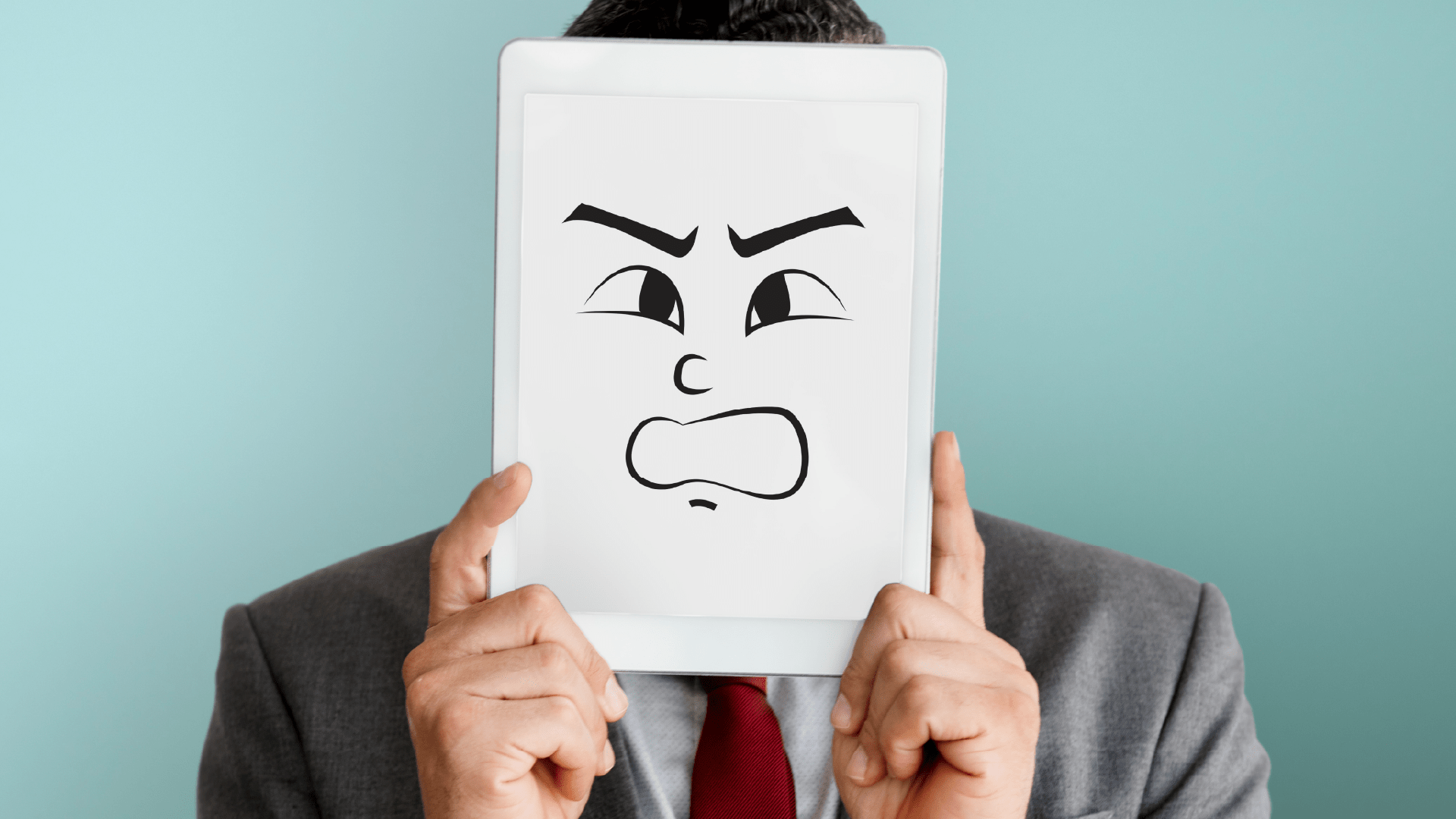Depression is the most common mental health disorder globally, and according to the WHO, around 264 million people suffer from the condition across the globe. Although medical science understands the diagnosis and treatment of the symptoms of depression, the origin of the mental health disorder is relatively unknown. However, many people often ask their counselor or therapist whether depression is a hereditary condition that is inherited through family members.
Can Hereditary Depression Be Cured?
As per the American Psychiatric Association, depression is a severe mental illness that negatively affects how we feel, think or act. It is common to feel sad, or lose interest in activities previously enjoyed in the past. This emotional upheaval can also impact a person’s physical health.
Depression Statistics in 2021
Depression is more common in women than men and is becoming a leading cause of disability globally. If not treated, depression can keep getting worse and might even lead to suicide or self-harm. It is shocking to know that death by suicide is the second most common cause of death among 15 to 29-year-olds (according to the WHO). The combination of a stressful lifestyle, fewer social interactions amongst people and highly competitive lives, the number of people suffering from depression is rising, thus increasing the need for depression counselling. With the advancement in diagnostic methods, detecting depression has become relatively easy.
Our Wellness Programs
What is Hereditary Depression?
Watching a family member or relative suffer from depression can be a painful experience. Clinical depression, or major depressive disorder, is the most common type of depression, and anyone can suffer from it, regardless of their gender. However, if you have a family member who has depression, you are 5 times more likely to develop it. After multiple studies observed this pattern running in families, it was determined that the condition can be hereditary, and has a vital genetic component.
Looking for services related to this subject? Get in touch with these experts today!!
Experts

Neelam Parwani

India
Life Coach
Experience: 5 years

Mansi Chawla

India
Psychologist
Experience: 12 years

Sapna Zarwal

India
Psychologist
Experience: 19 years

Deepti Gandhi

India
Life Coach
Experience: 6 years
Why Depression is Hereditary
A British research team isolated a gene on the p-arm of chromosome 3 found in over 800 families with a familial history of depression. It is said that around 40% of people who suffer from depression have a genetic link, and thus, named this condition as genetic depression. Having a close family member like parents or siblings who suffers from depression can increase one’s risk of developing the condition by as high as 3 times. Though your genes can increase your risk for hereditary depression, other environmental factors come into play to eventually cause the condition. Research has also shown that a defect in the serotonin transporter gene can also cause hereditary depression.
Signs of Hereditary Depression

Signs of depression can be evident in most cases but can be missed in others. This happens because many signs and symptoms of the condition overlap with other mental health conditions. Here are some common depression signs:
Anxiety
People who suffer from depression are often anxious, and their anxiety usually increases as time goes on. Even the smallest issues can cause trouble and trigger an anxiety attack. These individuals also show reduced concentration, and generally ignore things around them.
Hopelessness
Feeling low and down is normal, but these feelings coupled with hopelessness and pessimism signify depression. People who are depressed cannot reason with their mind and cannot feel positive. They feel their future is bleak and utterly unworthy of the people and things around them. In extreme cases, hopelessness might even lead to patients taking their own lives.
Sudden Changes in Physical Appearance
Depression does not affect the mind, but can affect a person’s physical appearance. People who are depressed might experience sudden weight loss, reduced appetite, lack of energy, fatigue & tiredness, loss of will, or irregular sleep patterns.
Do Genes Cause Depression?
From the studies and research conducted till date, it has been found that depression does have a genetic link. This means that the presence of a particular gene or gene variation can increase one’s risk of developing depression during one’s lifetime. However, does this mean that anyone who has the depression gene or gene variant? Not really. Having a gene that can cause depression does not necessarily mean that you will end up suffering from depression or its symptoms. This is because genes alone do not cause depression. In actuality, when the genes associated with depression interact with environmental factors, the combination can cause depression.
Since genes have been linked to depression, this puts family members at an increased risk of developing the condition. For this reason, depression can be inherited (also called genetic depression). Not just cause depression, genes also affect how you respond to depression treatment or therapy.
Natural Treatment or Medication for Hereditary Depression
Most people with hereditary depression often ask themselves, “which is better to treat the condition – medication or natural treatments & home remedies?” While most doctors and healthcare providers recommend medications along with approved counseling or therapy, many people worldwide prefer alternative therapies and home remedies.
Some commonly sought natural treatment options for depression include: acupuncture, chiropractic treatment, hypnosis, meditation, yoga and biofeedback. Many people also resort to herbal supplements to counteract the effects of depression. However, since there is no scientific evidence that any of these therapies and treatments are effective in treating depression, it is recommended not to opt for them. Depression is a clinical condition and requires a trained professional to treat it using ethical and scientific methods.
Healthcare providers and qualified counselors recommend medications and other psychological therapies like Cognitive Behavioral Therapy (CBT), antidepressants, serotonin reuptake inhibitors, etc. to treat depression. Natural treatment options can be used as an adjunct with medications and doctor-approved therapies after consultation with your doctor.
How to Treat Hereditary Depression Naturally
You might be asking yourself: Is it possible to treat hereditary depression naturally? The simple answer is yes, but only in cases of mild forms of depression. Some ways of overcoming hereditary depression naturally include:
Get as much sleep as possible
Getting too little sleep can make anyone cranky and irritable. If you suffer from mild depression symptoms, make sure you are getting enough sleep. Giving yourself time before you go to bed to realign your thoughts, maintaining a consistent bedtime routine, and staying away from devices before you get into bed are good habits to follow. Getting a good night’s sleep will enhance your mood and help fight the symptoms of depression.
Avoid caffeine or products containing caffeine
The higher the amount of caffeine, the more restless your mind will be. Avoiding caffeine can calm your mind and put your symptoms to rest.
Get more Vitamin D
Nutritional deficiencies, especially the deficiency of Vitamin D, have been associated with increased depressive symptoms. Maintaining a healthy level of Vitamin D can help resolve depression symptoms in the long run.
Use mediation or other therapies like yoga that make you feel good
Practicing meditation daily is a great way to overcome the signs and symptoms of hereditary depression.
Exercise
Low serotonin levels have been linked to depression. Working out and exercising every day helps release serotonin (the feel-good hormone), which helps fight the symptoms of depressive disorder and depression.
Eat a serotonin-rich diet
Have foods that trigger an increase in serotonin levels to decrease depression symptoms.
Avoid alcohol and tobacco

Indulging in alcohol or tobacco or any type of substance abuse might contribute to increasing the effects of depression.
Maintain a diary and rework your thoughts
While you use other methods of reducing your depression symptoms. You must strive to fight your negative thoughts and convert them into positive, more affirmative ones. You can try positive affirmations to boost positivity in your life.
What to Do if You Have Hereditary Depression?
If you have been diagnosed with depression which appears to be hereditary, it surely does not do you any good. People with any form of depression are already low on hope, happiness and drive, and therapists have observed that the condition can make a patient’s life unpredictable. However, depression is a treatable and curable mental health condition and all it takes to fight it is you and your willpower! While it is easy to believe that doing things you love can help you recover, doing these things just becomes increasingly difficult.
- One of the first things to do if you have been diagnosed with depression is reach out and talk! Reach out to your family, friends, or other confidants and talk. Find supportive people or support groups who are always there to listen to you. Yes, it is okay to talk. Find a haven where you can pour your feelings, emotions and thoughts.
- While doing so, continue doing your regular activities, no matter how difficult they may seem. Always remember – you are not alone!
- Depending on your condition severity, your doctor might prescribe medication to help you feel better and treat your symptoms.
- While continuing to take medications, find activities that you love to do. It could be a hobby, exercise, your work, watching your favorite TV show, reading your favorite book, listening to music, or just about anything to keep yourself occupied.
- One of the most effective ways to beat depression is to get moving and working out. As we mentioned earlier, exercising helps release serotonin, which reduces the symptoms of depression.
- Eat a healthy, nutritious diet and take your medications on time.
- Get your daily dose of vitamin D in the morning Sun.
- Shun away any negative thoughts. Though they may creep in very often, always replace negative thinking with a positive memory or thought.
Try Online Counseling for Depression

Depression is not a disease that differentiates among people and can affect anyone in the world. However, how one deals and manages the condition depends upon the kind of care provided in the form of counseling or therapy. The biggest challenge with mental health conditions is the convenience of finding the right support and road to recovery. Even in today’s world where mental health support is widespread, people with mental health issues are often looked down upon or ridiculed, making it even more difficult for people to seek help.
To solve this problem, United We Care was set up to help people find quick and easy help for their mental and emotional challenges. The platform, available in the form of an app, offers a quick, convenient and confidential way of finding certified experts offering psychotherapy and mental health services, such as counseling for depression. If you are struggling with an emotional or mental health issue, you can book an online counseling session with a certified mental health profession on the homepage.



 Conflict Management in Relationships
Conflict Management in Relationships

 Healing from Heartbreak
Healing from Heartbreak
 Coping With Anxiety
Coping With Anxiety
 Get Started With Mindfulness
Get Started With Mindfulness
 Healing With Meditation
Healing With Meditation
 Anger Management
Anger Management








